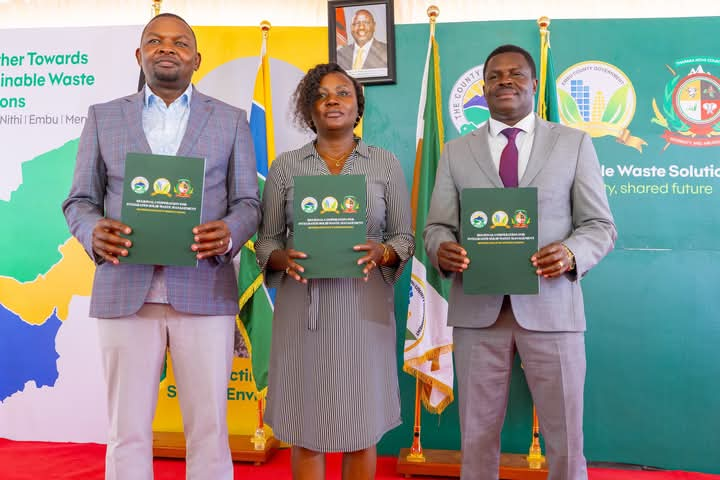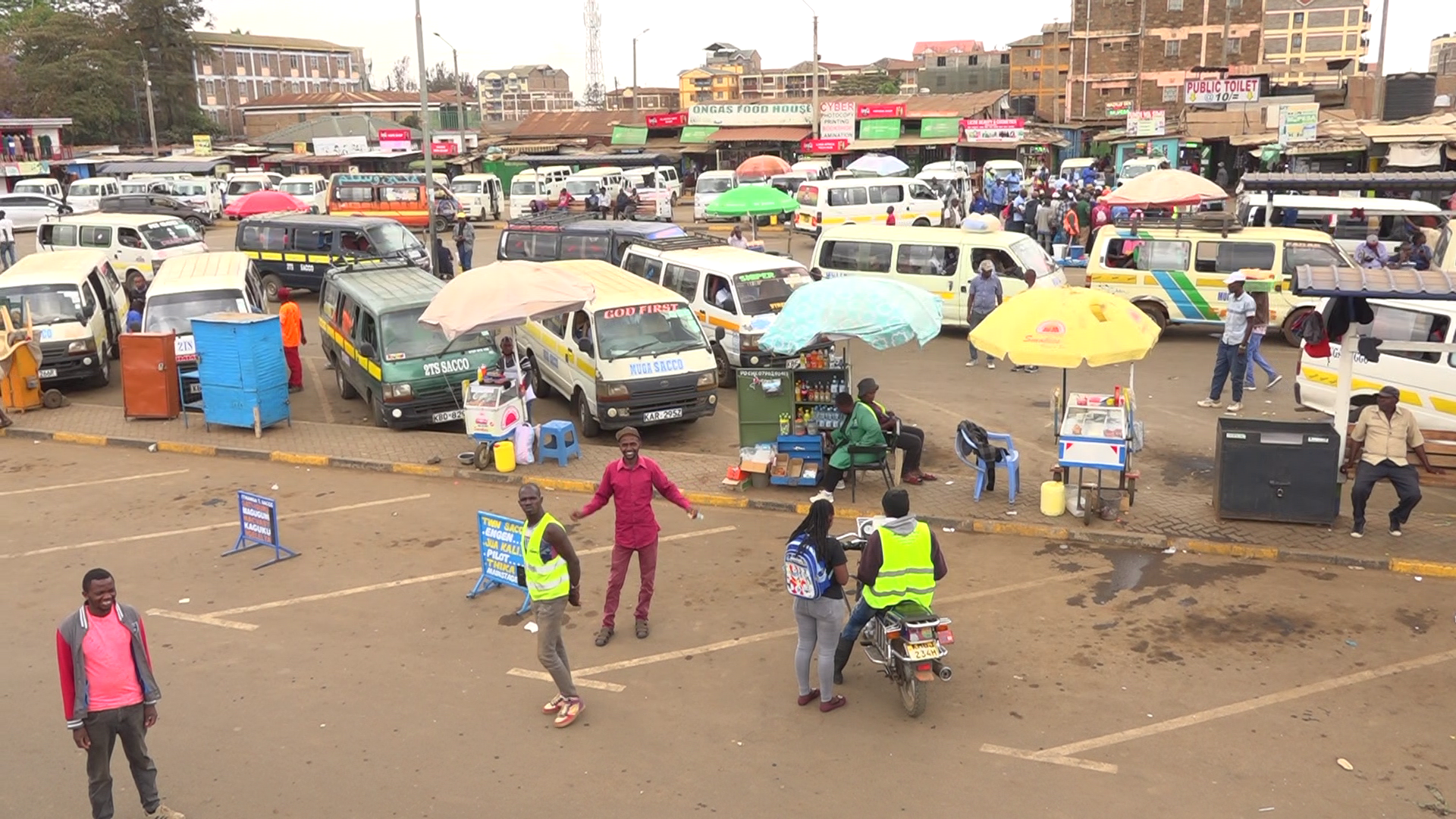The integrity of the National Cereals and produce Board (NCPB) is under fire following a damning audit that has uncovered fake supplies, unsafe fertilizer, and billion in losses within President William Ruto’s Ksh.31.5 billion subsidy program.
According to the Auditor General Nancy Gathungu’s latest report covering the fiscal year ending June 30, 2024, NCPB paid Ksh240.4 million to a questionable firm, Fifty-One Capital African Diatomite Industries to supply organic fertiliser.
Shockingly, the Kenya Bureau of Standards (KEBS) later deemed the fertiliser unsafe, suspending its permit. Further scrutiny found that the KRA PIN used during the contract process belonged to a different firm Fifty-One (K) Capital Limited, suggesting fraudulent tendering.
These revelations follow months of controversy that saw the then Agriculture Cabinet Secretary (CS) Mithika Linturi ousted.
ALSO READ:
Meru Governor calls for support to businessmen whose properties were destroyed by demos
A Ksh139.7 million payment to KEL Chemicals for NPK fertiliser labelled as “planting fertiliser” also turned sour when KEBS declared the product unfit. Before corrective action was taken, Ksh98.5 million worth of fertiliser had already reached farmers.
In response to widespread crop failure, 1,960 bags were replaced in regions like Bungoma, Kakamega and Kitale, but without retrieving the original stock
Meanwhile, another Ksh2.49 billion contract for Urea fertiliser was awarded to MEMS Distributors, despite a tie between two bidders. Overruling the tender committee’s recommendation to split the award, senior NCPB officials sparked fears of legal backlash and artificial shortages that drove desperate farmers to buy at inflated market rates of up to Ksh6, 000 per 50kg bag.
Supply chain lapses were also noted as nearly 981 bags, valued at Sh1.57 million and supplied by the fraudulent Fifty-One firm, were seized by authorities but abandoned in NCPB stores with no disposal or replacement plan.
ALSO READ:
Gov’t launches Ksh10.8B KEVEVAPI strategic plan to safeguard livestock health
Separately, fertiliser and cereals valued at Sh241.8 million failed to reach designated depots. Kisii led the list with Ksh142.5 million in undelivered stock, followed by Malaba, Bungoma, Kakamega, Kitale, and Webuye. The audit found no evidence of follow-ups with suppliers or recovery efforts.
Fertiliser donations weren’t spared. From Mombasa port to regional depots, inconsistencies plagued the transportation of Russian-donated fertilizer, ranging from unexplained shortages of 20 bags to unaccounted surpluses of 50 at different stops, casting doubt on inventory control mechanisms.
While it managed to shrink its annual loss to Ksh992 million from Sh1.7 billion, NCPB still operates under a negative working capital of ksh3.1 billion, leaving serious questions about its sustainability and financial discipline.
By Masaki Enock
Get more stories from our website: Sacco Review.
For comments and clarifications, write to: Saccoreview@
Kindly follow us via our social media pages on Facebook: Sacco Review Newspaper for timely updates
Stay ahead of the pack! Grab the latest Sacco Review newspaper!



